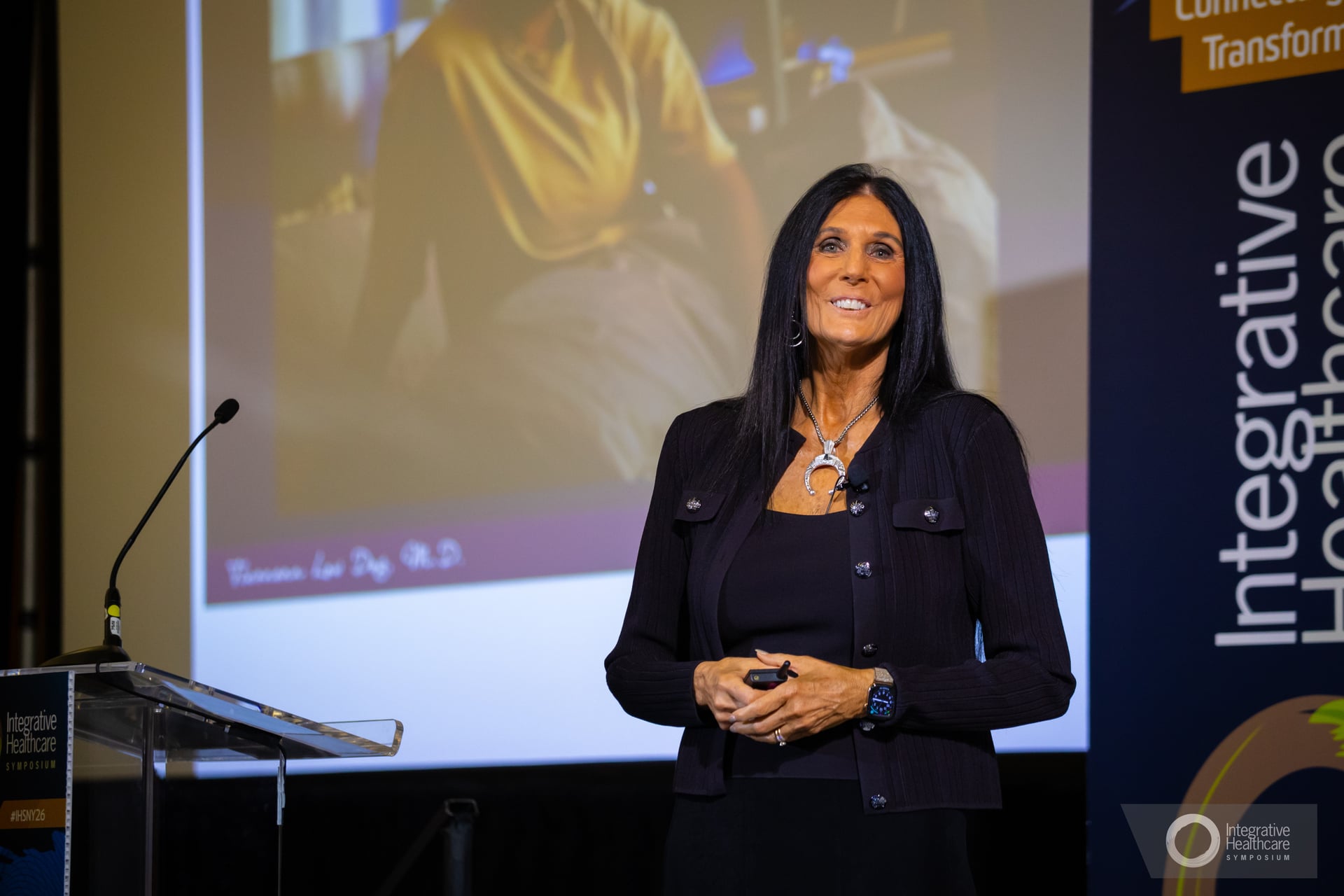Mental health improves when social media use is replaced with physical activity, study says
Photo Cred: Nathan Cowley/Pexels
By Avery St. Onge
A recent study found that less social media use combined with more physical activity led to improved mental health and well-being.
The study was published in the Journal of Public Health, and led by Julia Brailovskaia, PhD, assistant professor at the Mental Health Research and Treatment Center at Ruhr-Universität Bochum in Bochum, Germany. While social media is presented as a source of connection and distraction, according to the study’s authors, heavy social media use can trigger or worsen mental health problems. For their study, Brailovskaia and a team of researchers set out to better understand the associations between social media, physical activity, and mental health.
The study involved 642 volunteers, all of whom consumed social media in Germany. The participants were split into four groups. The first group was told to reduce daily social media use by 30 minutes. Then second group was asked to increase the duration of their physical activity by 30 minutes every day and continue to use social media at the same rate. The third group reduced social media use by 30 minutes per day while also increasing physical activity by 30 minutes every day. The fourth group acted as the control and didn’t change their habits at all. The study period lasted two weeks.
Researchers measured the volunteers’ level of social media use and how significant it was to them, physical activity, satisfaction with life, symptoms of happiness and depression, as well as their psychological burden of the COVID-19 pandemic and cigarette consumption, through online surveys. Participants completed the surveys before and after the trial period.
The study’s results showed that increasing daily physical activity and decreasing social media use had a positive impact on the participants’ well-being. Groups who increased physical activity or decreased social media use showed decreased addictive social media use, depressive symptoms, and COVID-19 burden, as well as increased physical activity, life satisfaction and subjective happiness. These effects lasted up to six months after the study period. The group who both increased physical activity and decreased social media use showed stronger and more stable benefits to their well-being in the long-term compared to the other groups.
To conclude, the study’s authors said their results show that less social media use and more physical activity can have significant and lasting effects on well-being, and suggested that these are simple, cost effective and accessible ways to improve mental health in the wake of the COVID-19 pandemic.
“This shows us how vital it is to reduce our availability online from time to time and to go back to our human roots,” said Brailovskaia in a statement. “These measures can be easily implemented into one’s everyday life and they’re completely free – and, at the same time, they help us to stay happy and healthy in the digital age.”

















